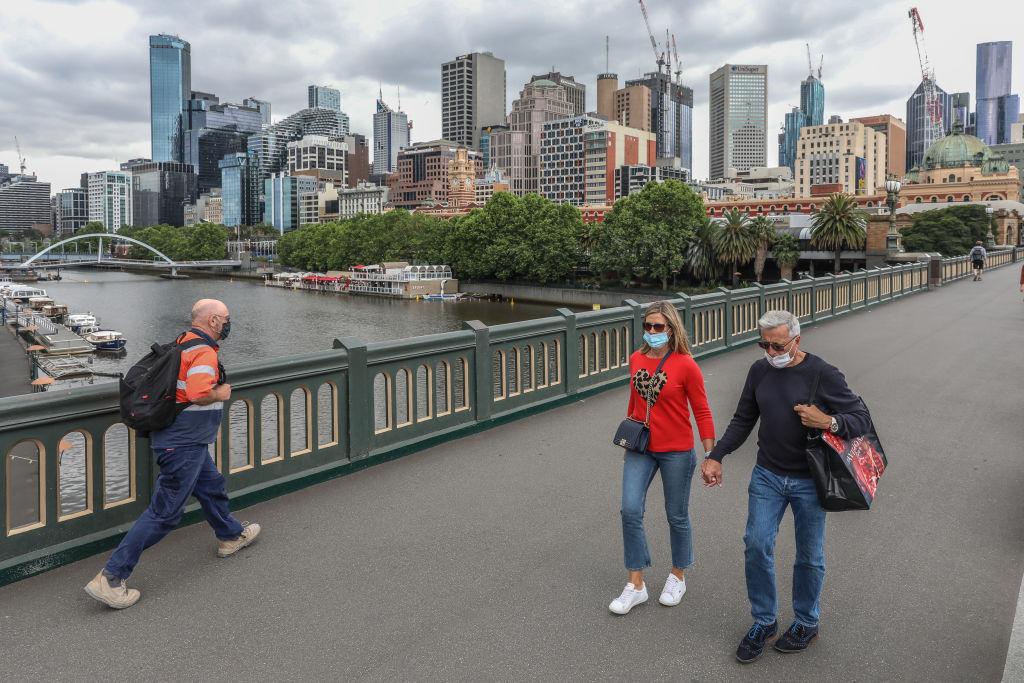Zee Lalani, a 37-year-old immigrant from Pakistan, sought a better life for his family when he bought a cafe in the humble suburb of Lower Plenty in Melbourne, Australia almost five years ago.
Business was going well for the passionate coffee maker—who would often churn anywhere from 500 to 1,000 coffees per day—but the pandemic, lower customer spending, as well as increasing taxes and stringent employee entitlements, have diminished his ambitions to grow and expand.





